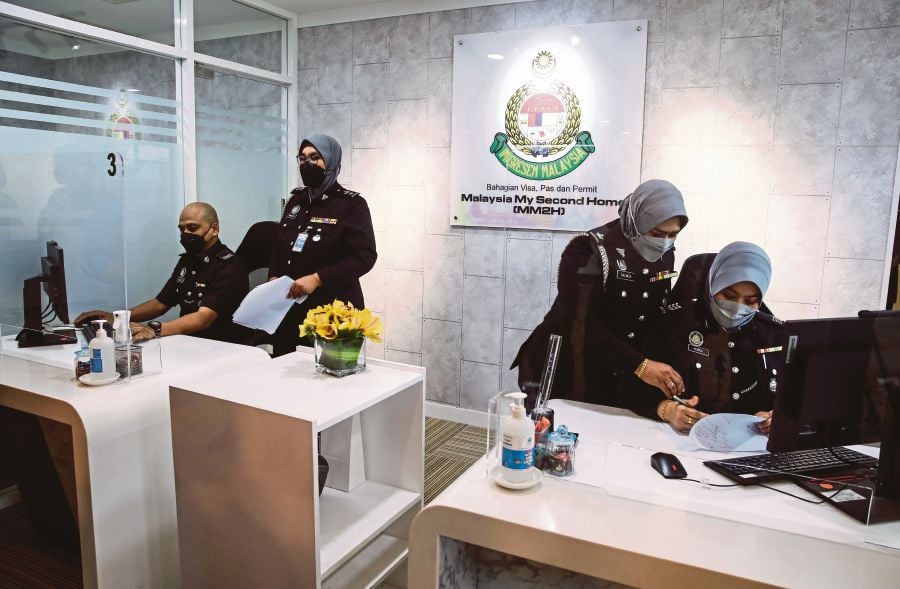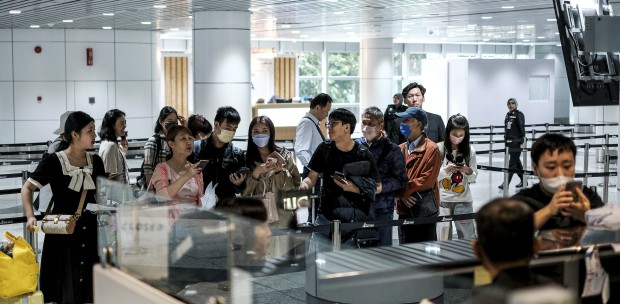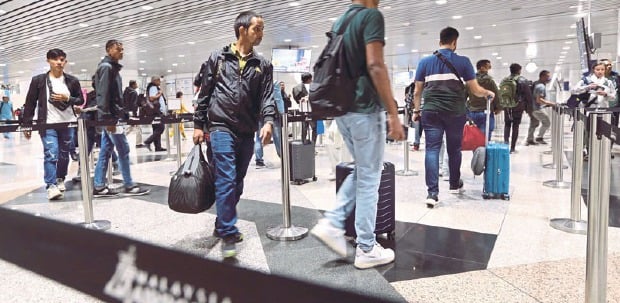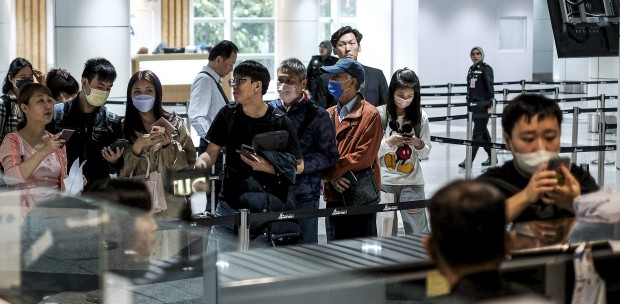There should be a thorough screening of income sources of foreigners who are applying for the Malaysia My Second Home (MM2H) programme to prevent domestic security risks.
This is heightened by the newly announced condition: applicants in the Platinum category should have a fixed deposit of RM5 million (US$1.05 million) and must have resided in Malaysia for 60 days a year, among others, to get an MM2H pass and eventually earn a permanent resident status.
National Defence University Malaysia (UPNM) Centre for Defence and International Studies adjunct fellow Dr Zohkri Idris said Malaysia should strengthen legal frameworks as a preventive measure against potential risk of terrorism financing and money laundering.
One of the ways, he said, was to allow for the Anti-Money Laundering, Anti-Terrorism Financing and Proceeds of Unlawful Activities Act 2001 to provide a thorough screening of deposits of any value greater than RM3 million into the country.
"Databases of MM2H owners also need to be monitored and updated, especially on their business activities in Malaysia and abroad.
"Registration of businesses with the Companies Commission of Malaysia must also be shared with the Home Ministry to ensure collaboration and intelligence sharing.
"It is not surveillance, but merely updating information and business (details)," he said.
On Friday, the Tourism, Arts, and Culture Ministry announced new, more relaxed conditions for the MM2H programme to simplify the application process, which had previously been criticised as burdensome.
The new conditions, Zohkri said, were on a year-long trial period, with the criteria and conditions possibly streamlined later in accordance with current needs.

Professor Dr Mohd Mizan Aslam of UPNM's International Relations, Security and Law Department of the Defence Studies and Management Faculty, agreed with Zokhri, saying that criminals might be interested in living in Malaysia or to launder money into Malaysia.
"It will be alarming if they use Malaysia as a platform for transborder crime, trafficking or even (smuggling) contraband.
"It doesn't mean that we are just accepting their money and giving them an MM2H pass. We have to see what they are doing in this country as well.
"We have to collect information so that we know their profile, where they live and how they spend their money."
Mizan said it would be a dilemma for Malaysia if it did not monitor the source of the money, citing other countries, including the Cayman Islands, that allowed overseas deposits and saw multiple deposits of illicit money.
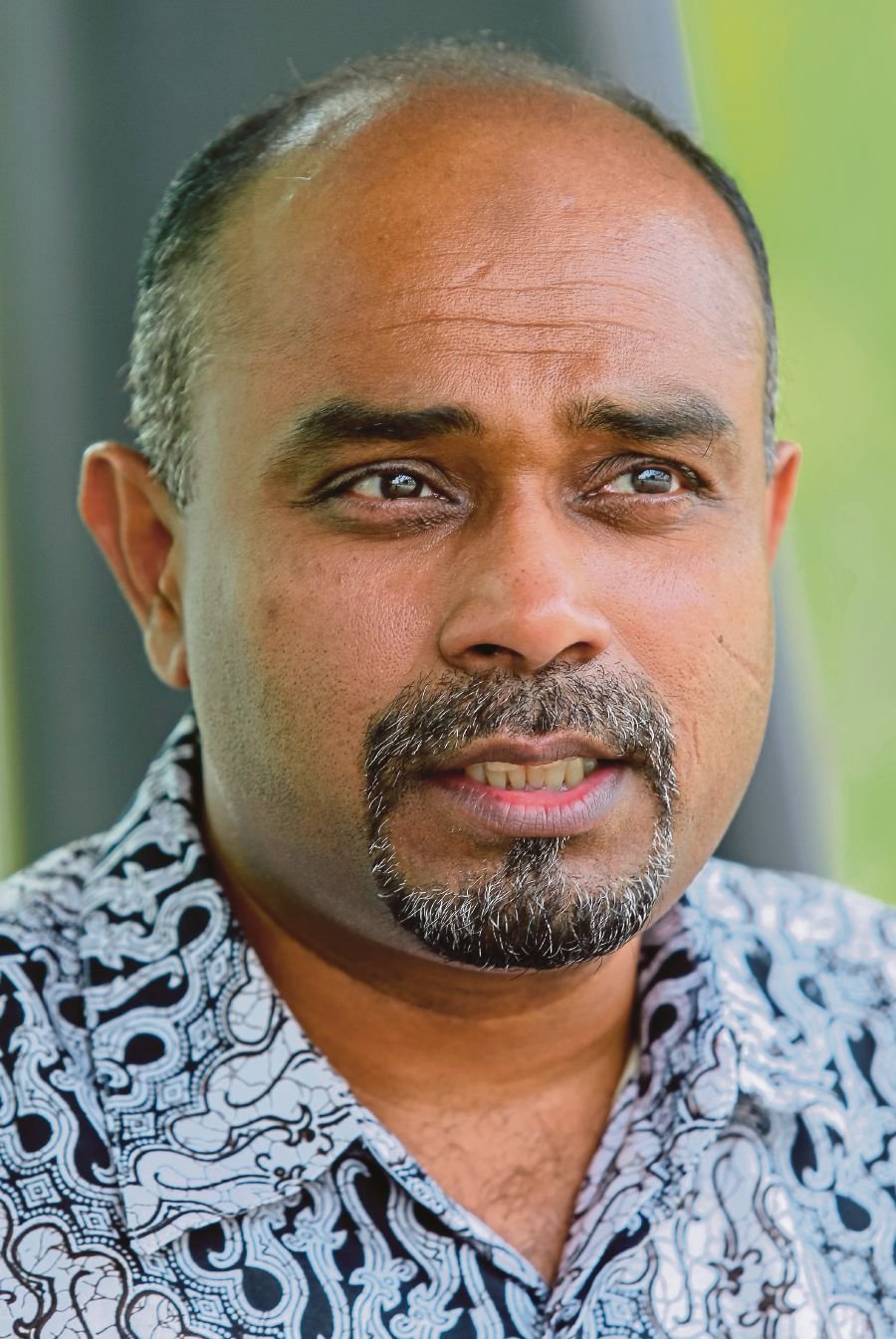
There are three categories of applications under the new MM2H conditions: platinum, gold and silver.
Only platinum applicants can earn permanent resident status after obtaining an MM2H
pass.
Those in the gold category will have a 15-year Multiple Entry Visa (MEV), and those in the
silver category will have a five-year MEV with the option to renew.
Those in the gold category, meanwhile, must have RM2 million in fixed deposits, and those in the silver category require a minimum of RM500,000.
It is understood that the minimum age requirement for the new MM2H conditions has been reduced from 35 to 30 .
The new conditions also require only 60 days of residency in Malaysia, compared with 90 days previously.
Participants aged 30 to 49 can fulfil residency requirements either individually or collectively with their spouse or dependents.
MM2H was first introduced in 2002 to draw expatriates to retire or live in Malaysia for an extended period, in sync with the "Cuti-cuti Malaysia" concept.
Eligible participants are given a social visit pass with a multiple-entry visa by the Immigration Department, valid for 10 years and renewable thereafter.
A rebranding in 2009 saw the programme expand its target market to high-net-worth individuals looking to invest in Malaysia by establishing businesses or collaborating with local entrepreneurs.


